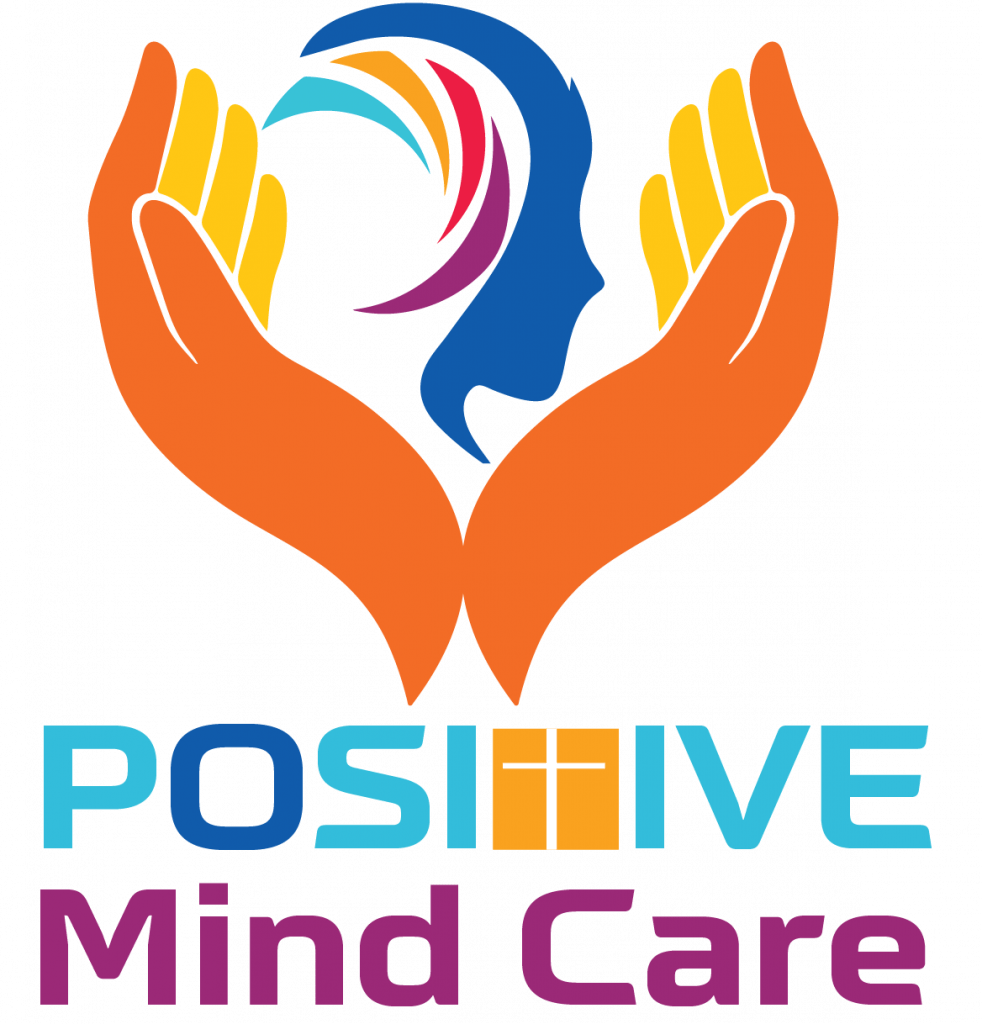Schizophrenia is a complex and often misunderstood mental disorder that affects about 1% of the global population. It is characterized by a range of cognitive, behavioral, and emotional dysfunctions, including delusions, hallucinations, disorganized thinking, and impaired social interactions. Despite its prevalence and the significant impact it has on individuals and society, schizophrenia remains shrouded in stigma, misconceptions, and a lack of awareness. This comprehensive guide aims to shed light on the multifaceted nature of schizophrenia, from its symptoms and causes to diagnosis, treatment, and the challenges faced by those living with the disorder. By demystifyingschizophrenia, we can foster empathy, improve care, and advocate for those affected by this debilitating condition.
Symptoms
Schizophrenia is a syndrome, meaning it encompasses a wide range of symptoms that can vary significantly in type and severity among individuals. These symptoms are commonly categorized into positive, negative, and cognitive symptoms. Positive symptoms refer to the addition of abnormal thoughts or behaviors, such as delusions (false beliefs), hallucinations (seeing or hearing things that aren’t there), thought disorders, and movement disorders. Negative symptoms are reductions or losses in the ability to initiate plans, speak, express emotion, or find pleasure in everyday life. These might include apathy, anhedonia, flat affect, and social withdrawal.Cognitive symptoms involve problems with attention, concentration, memory, and executive functions, making it difficult for the individual to process information and make decisions.
Dignosis
The diagnosis of schizophrenia involves a comprehensive clinical assessment, including a psychiatric evaluation and, often, a period of observation. Diagnostic criteria, as outlined in the Diagnostic and Statistical Manual of Mental Disorders (DSM-5), require the presence of two or more core symptoms, with at least one being a positive symptom, for a significant portion of time during a 1-month period, with some signs of the disorder persisting for at least six months.
Causes of Schizophrenia
Schizophrenia is the result of a complex interplay between genetic, biological, and environmental factors. While the exact cause is not fully understood, research has identified several key factors involved in its development:
Genetic predisposition: Having a family member with schizophrenia significantly increases the risk, suggesting a strong genetic component. However, no single gene is responsible; rather, it’s thought to involve a combination of multiple genes.
Neurobiological factors: Imbalances in neurotransmitters (chemicals that facilitate communication between neurons) such as dopamine and glutamate are believed to play a central role in schizophrenia.Brain structure and function: Studies have shown differences in the brain structure and central nervous system of people with schizophrenia.
Environmental triggers: Stressful life events, prenatal exposure to toxins or infections, and substance use can trigger schizophrenia in those predisposed to the disorder.
Treatment and Management
Treatment for schizophrenia is lifelong and typically involves a combination of medications, psychotherapy, and social support. Antipsychotic medications are the cornerstone of treatment, helping to manage symptoms by affecting neurotransmitter function. However, these medications can have side effects, and finding the right medication and dosage is often a process of trial and error.Psychotherapy plays a crucial role in treatment, with cognitive behavioral therapy (CBT) being particularly effective for managing symptoms and improving quality of life. Social support, including family therapy, educational programs, and vocational rehabilitation, is also vital, helping individuals with schizophrenia to live as independently as possible. Other treatment of schizophrenia can be done by deep TMS. Deep Transcranial Magnetic Stimulation (Deep TMS) has been explored as a potential treatment option for schizophrenia, particularly for symptoms that are difficult to manage with medication and other therapies
Efficacy in Treating Schizophrenia
Research into the use of Deep TMS for schizophrenia is ongoing, with several studies focusing on its potential to alleviate various symptom clusters: Auditory Hallucinations: Some of the most promising results have come from studies targeting the left temporoparietal cortex to reduce auditory hallucinations in schizophrenia patients. This approach aims to modulate the hyperactivity in areas of the brain associated with processing auditory information, which is thought to contribute to the experience of hearing voices.
Negative Symptoms: Negative symptoms of schizophrenia, which are often less responsive to medication, are another area of interest. Deep TMS might help by stimulating parts of the prefrontal cortex involved in motivation, pleasure, and social interaction.
Living with Schizophrenia
Living with schizophrenia is challenging, not only due to the symptoms but also because of the stigma and misunderstanding surrounding the disorder. Individuals with schizophrenia may face difficulties in education, employment, and social relationships. However, with appropriate treatment and support, many people with schizophrenia can lead fulfilling lives. Advocacy, education, and a supportive community are critical to improving the lives of those affected by schizophrenia.
Conclusion
Schizophrenia is a deeply complex disorder that cannot be fully captured in a single narrative. It is a condition that challenges our understanding of the mind, our healthcare systems, and societal attitudes towards mental illness. Despite the challenges it presents, progress in treatment and a growing awareness of the need for compassion and support offer hope to those affected by schizophrenia. By continuing to advance our understanding and improving care, we can help ensure that individuals living with schizophrenia are not defined by their condition, but empowered to lead rich and meaningful lives.



